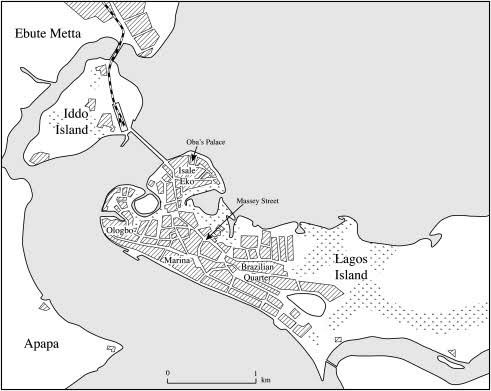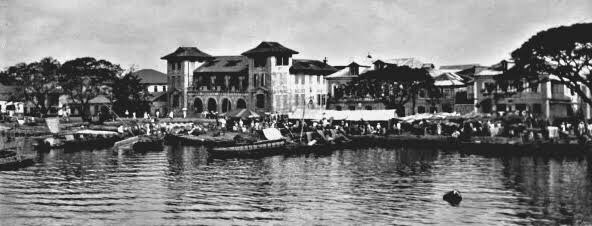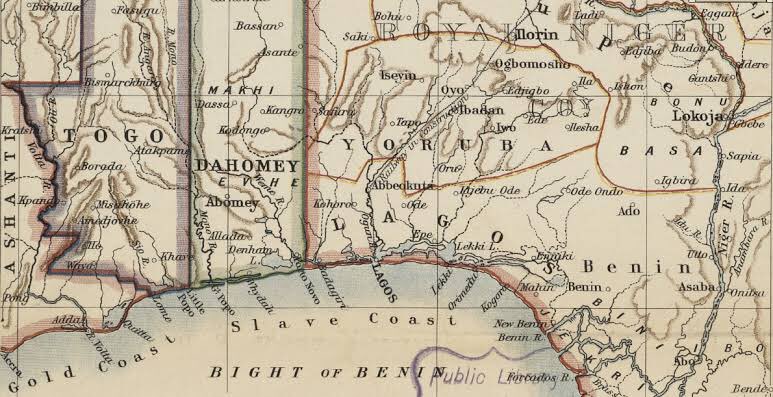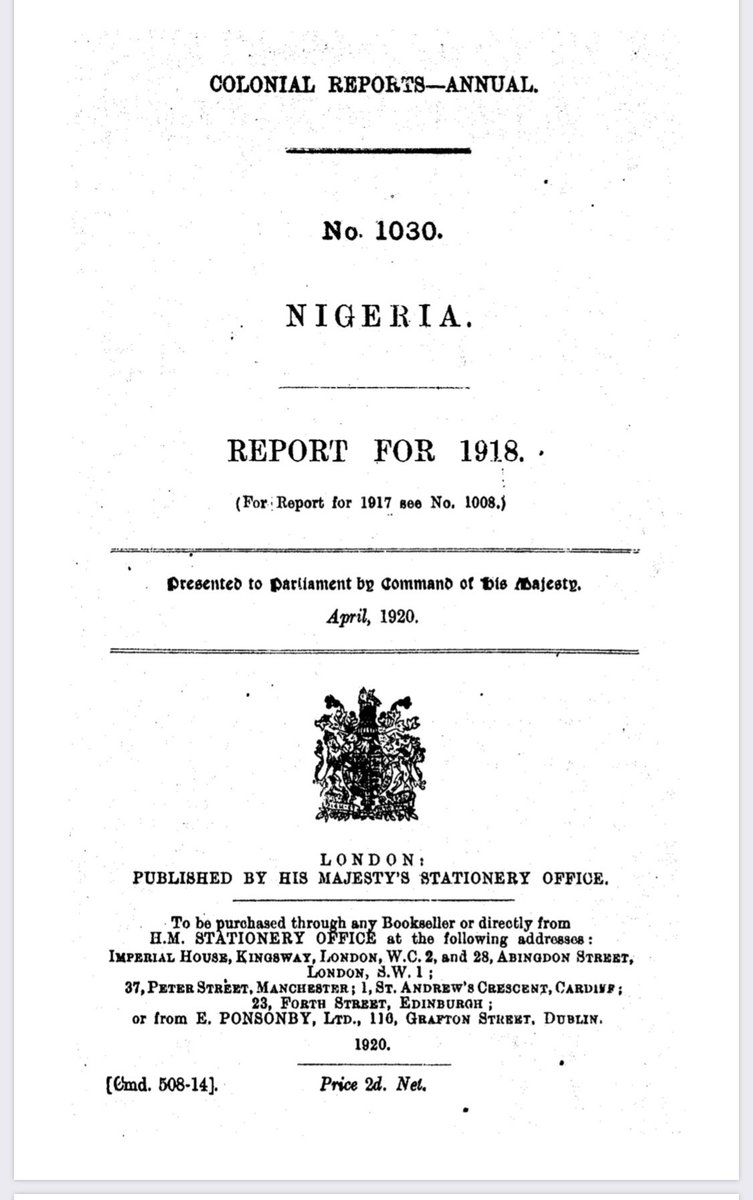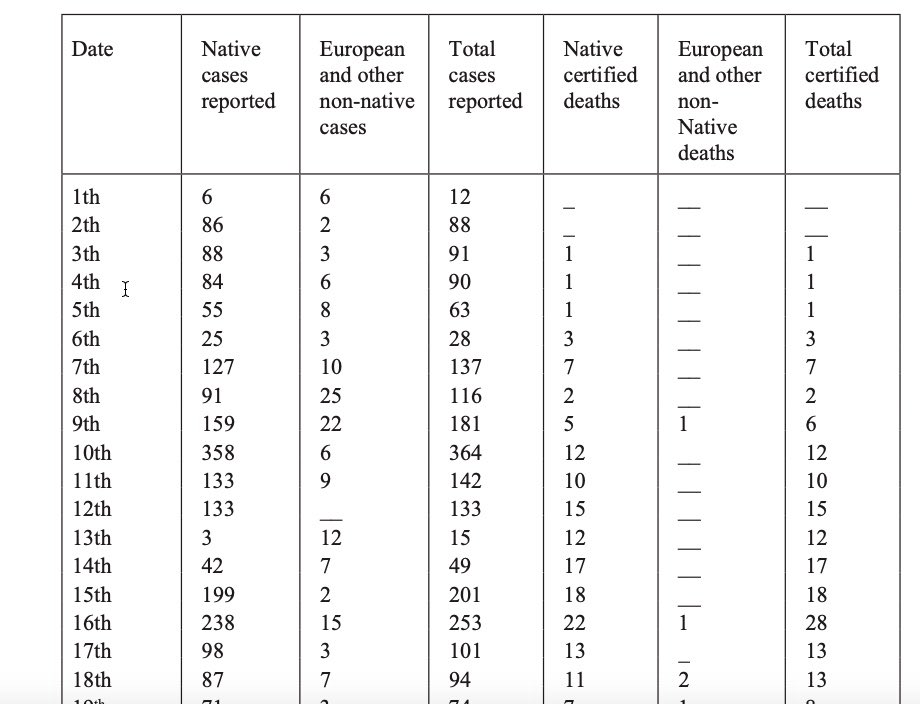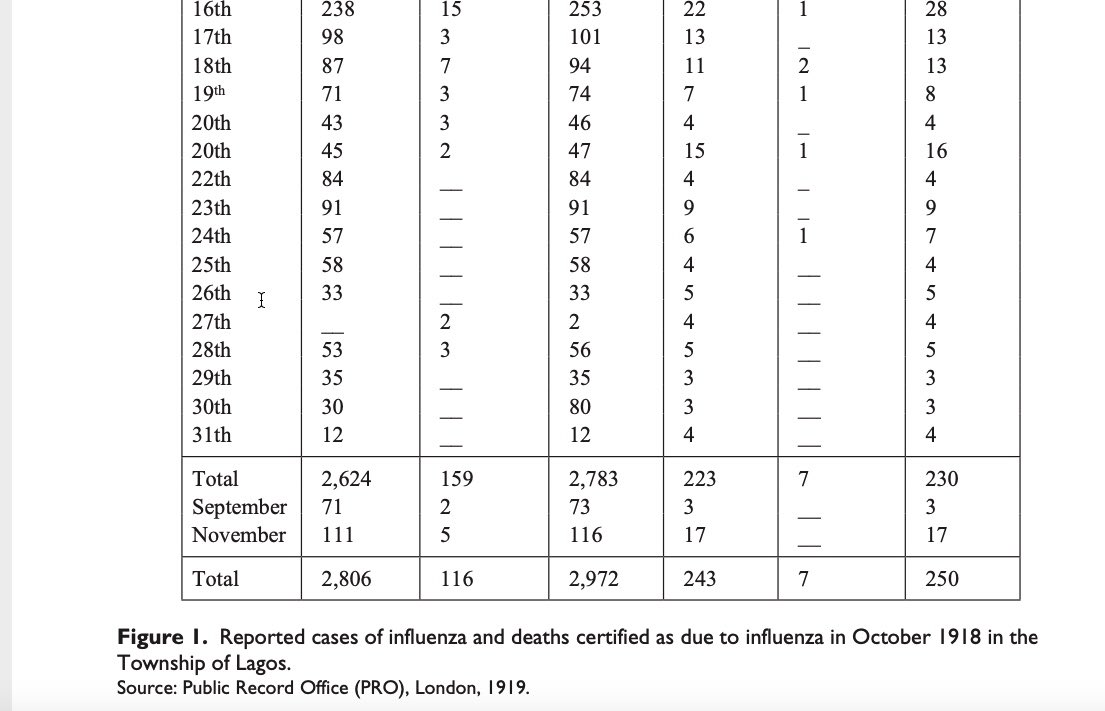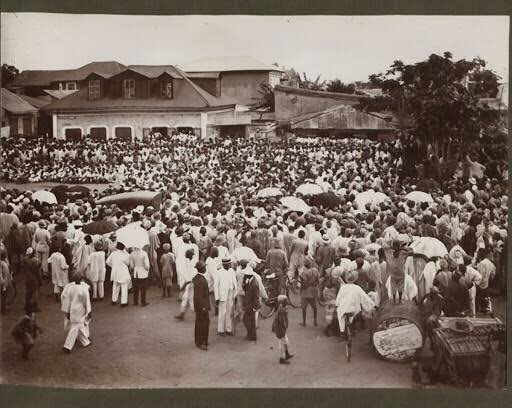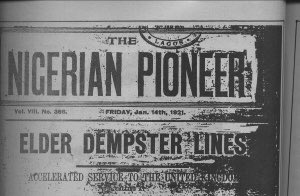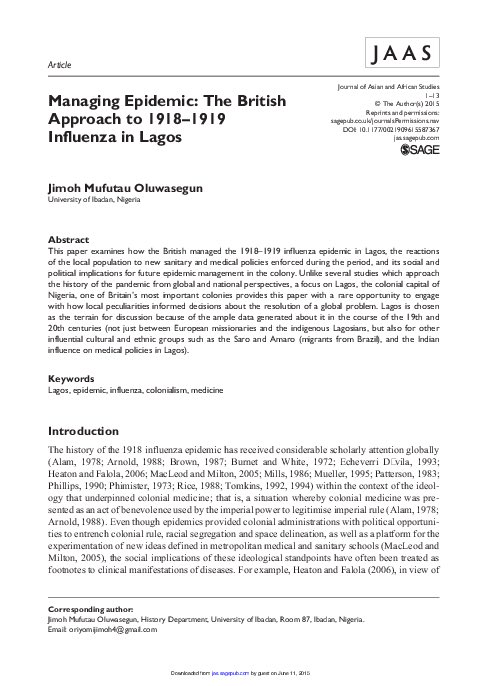The Influenza Global Pandemic of 1918-1919.
Á ò rí’rú eléyì rí, a fií dé rù b’omo ni; unprecedented is just a word, there’s really nothing new under the sun!
In this season of Coronavirus let us look back at some devastating epidemics that has affected us in the past.
Á ò rí’rú eléyì rí, a fií dé rù b’omo ni; unprecedented is just a word, there’s really nothing new under the sun!
In this season of Coronavirus let us look back at some devastating epidemics that has affected us in the past.
The 1918 influenza pandemic was the most severe pandemic in recent history. It was caused by an H1N1 virus with genes of avian origin. Although there is no universal consensus regarding where the virus originated, it spread worldwide between 1918-1919.
It is estimated that about 500 million people or one-third of the world’s population became infected with this virus. The number of deaths was estimated to be at least 50 million worldwide.
https://www.cdc.gov/flu/pandemic-resources/1918-pandemic-h1n1.html">https://www.cdc.gov/flu/pande...
https://www.cdc.gov/flu/pandemic-resources/1918-pandemic-h1n1.html">https://www.cdc.gov/flu/pande...
About 500k Nigerians, out of a population of 18m, died in less than 6 months, & between 50 and 80% of the population was stricken. Yorubaland & urban centers in the coastal area were hardest hit. The pandemic declined almost as suddenly as it began. https://www.sciencedirect.com/science/article/abs/pii/027795369190200V">https://www.sciencedirect.com/science/a...
The Influenza officially hit Lagos on 14 September 1918 (Public Record Office, London)
The 1st case in Lagos was confirmed on 14 Sept. Three crew men of the SS Panayiotis were discovered by Dr Gray, a colonial medical officer, to be seriously ill and lying on the Iddo wharf.
The 1st case in Lagos was confirmed on 14 Sept. Three crew men of the SS Panayiotis were discovered by Dr Gray, a colonial medical officer, to be seriously ill and lying on the Iddo wharf.
These three crew men were removed to the infectious disease hospital in Ikoyi after they were diagnosed with the disease. The ship was ‘arrested’ & disinfected by the sanitary authority & subsequently sent to the pool; a sort of quarantine area for disinfected ships.
The rate of the spread and infection in Lagos was rapid and devastating.
By mid-September, all the merchant ships anchored in Lagos were infected. In fact one of these ships was credited to have caused the wide spread of the influenza in Lagos.
By mid-September, all the merchant ships anchored in Lagos were infected. In fact one of these ships was credited to have caused the wide spread of the influenza in Lagos.
More precisely, SS Bida was said to have been “the chief means introducing the influenza to Nigeria” (Public Record Office, London, 1919).
The SS Bida had left the Gold Coast & arrived in Lagos on 14 Sept with 239 passengers. The inadequacy & complacency of Lagos sanitary control was exposed when all passengers had been let free without thorough examination, left to disappear & intermix with the local population.
The complacency of the sanitary officer in charge of the sea port of Lagos was later confirmed by the Ag Governor in a memo to the British Secretary of State.
More cases of infected passengers on the SS Bida were recorded than for any other ship anchored at Lagos at that time.
More cases of infected passengers on the SS Bida were recorded than for any other ship anchored at Lagos at that time.
The following examples were some of those reported and linked to the ship:
*A first class customs clerk went to see a medical officer on 18th Sept; became very ill on the 22nd, was sent to the Infectious Diseases Hospital IDH on 23rd as a case of influenza; died the same day.
*A first class customs clerk went to see a medical officer on 18th Sept; became very ill on the 22nd, was sent to the Infectious Diseases Hospital IDH on 23rd as a case of influenza; died the same day.
It was found that a woman was ill in the man’s house on the 15th and that she was a passenger from Secondee by the S.S. “Bida” she left by train on the house on the 23rd, and was removed to the IDH
A krooman, from the S.S “Bida” was found in the street on the 23rd; he was partly unconscious, and his address in Lagos could not be obtained.
On the 24th, a Customs Clark, living in the same compound as another Government clerk and a girl, who are both natives of the Gold Coast. It was declared, though later denied, that u2028they had been in contact with passenger from the S.S “Bida”.
The cook of a government official, on the 25th; he lived in a compound which passengers u2028from S.S. “Bida” were said to have visited. Also a Customs Clark, who worked in the same office as case of 18th September, his sister and u2028son on the 26th. There were many more such cases.
The colonial government struggled to control the infection. From 14 September when the infection was first confirmed in the city, cases of infection were reported every day from ships coming in from neighbouring colonies
The rate of its spread and the rapidity at which it claimed its victims was unimaginable. The victims cut across the social stratum as members of all classes were infected by the influenza.
Within the first hours of the outbreak, the medical facilities of the colonial hospital and the infectious disease hospital were overstretched. Victims were lying on the street, while rescuers also became victims.
In the first 2 months of the outbreak enormity of the casualties was overwhelming. 2,806 natives and 116 European and non natives were infected. 243 natives eventually died, as well as 7 none natives in cases referred from Lagos port alone. Lagos lost 1.5% of it pop of 81,941.
The figure given by the colonial government nevertheless is grossly inaccurate as it did not include those who died in their homes and whose deaths were not reported to the sanitary officer. Also does not include minors whose deaths were not reported to the authorities.
The influenza was declared as an infectious disease through public notice. This legal recognition of the epidemic provided the colonial state with the mandate to intrude forcefully and sometimes aggressively into the private houses of people; this was unprecedented in Lagos.
These visits were objected to by some Lagosians; they believed that it would under- mine their privacy. It caused massive social & economic dislocation as the people began to run out of Lagos, further spreading it, while those who could not leave concealed their sickness.
To reverse the attitude of the people, the government offered to organise the whole of the house-to-house visits by natives, working in conjunction and under the direction of the sanitary authority.
On 7 October, a general meeting was convened in Lagos where Dr Foy, Senior Sanitary Officer, Dr Beringer and Dr Obassa, a native medical practitioner, addressed the people on the need to allow the house-to-house visits.
The support of Mr Kitoyi Ajasa was solicited by the government to use his newspaper to publicise the scheme; this is evident from studying The Nigerian Pioneer from 1918–1919.
Ships and houses were sprayed with sulphur fumigation and with solution of the cyllin disinfectant. The process was discontinued at one point by the medical and sanitary department chiefly because of shortage of the disinfectant and shortage of labour.
The shortage of labour was connected to the fact that the spraying gang employed for the colony abandoned the job because most of them contracted the disease and ran away so as not be sent to quarantine or disease hospital.
This scenario was reduced to a common joke among the people: Owo re, ikure, oyinbo pe e ko wa gba (here is money, here is death, the white man is calling you to come and take).

 Read on Twitter
Read on Twitter